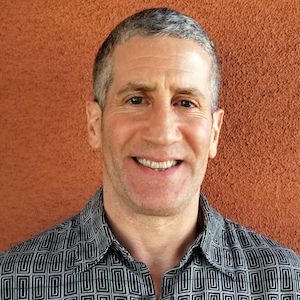Return to Past and Current Projects
Optimization of memory retention via cognitive models
We are developing computer-aided instructional tools to help a person learn and remember factual information more effectively. The tools leverage computational models of human memory. Just as physical processes such as the weather can be modeled via computer simulation, so can internal cognitive processes such as memory storage and forgetting. With an accurate model of memory, retention can be forecasted, much in the same way that weather is forecasted. We have developed models of long-term memory that can predict the rate of forgetting for some particular item given its study schedule--the set of times at which it was studied. We use this model for optimization by searching for the study schedule that achieves durable memories.
We developed a web-based tutor, called the Colorado Optimized Language Tutor, that leverages models to determine the particular subset of facts that would most benefit from further study if the goal is long-term retention. The system was used in an 18 month experiment in a Denver area middle school. We found that use of the software for reviewing previously learned material led to a 16.5% improvement in overall course retention, relative to a time matched control strategy that corresponds to current educational practice. (See this article.)
One cool thing about using cognitive models of memory is that we can predict for a student how much better they'll perform--say on a test at the end of the semester--if they increase their study time, or if they pace their study over a longer time period.
Students
Mohammad Khajah (Computer Science, Colorado)
Rob Lindsey (Computer Science, Colorado)
Owen Lewis (Applied Math, Colorado; now at MIT)
Collaborators
Melody Wiseheart (Psychology, York)
Hal Pashler (Psychology, UCSD)
